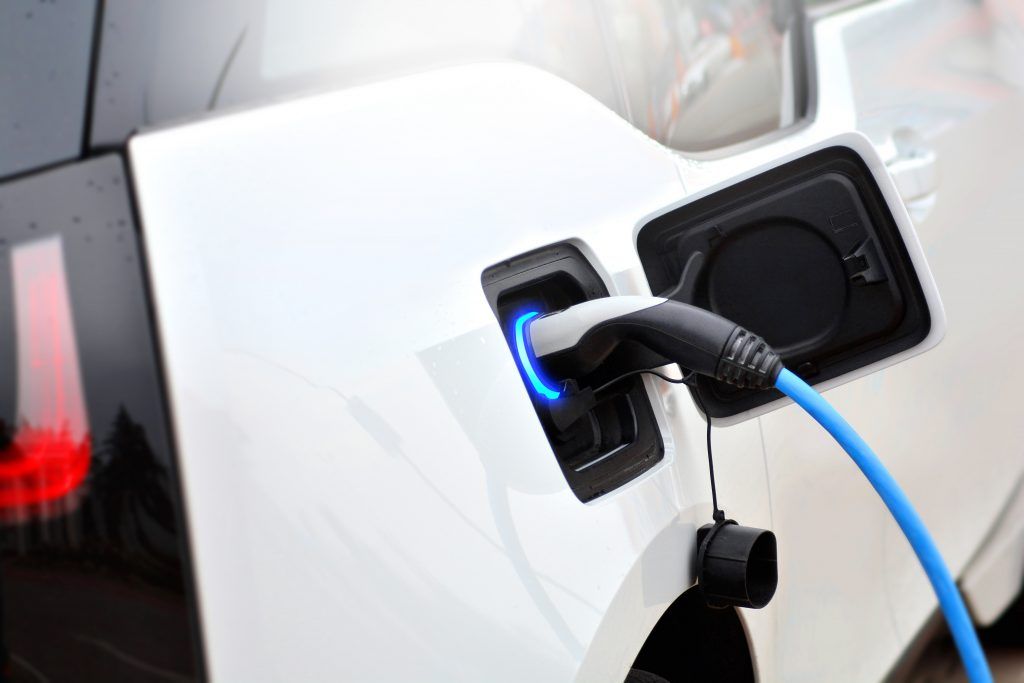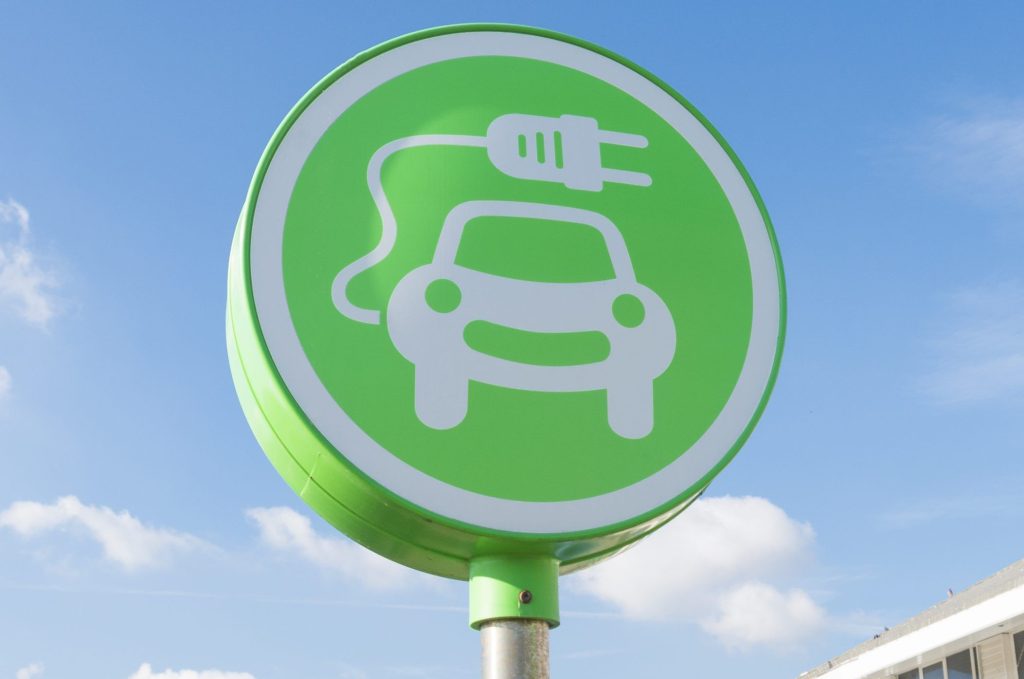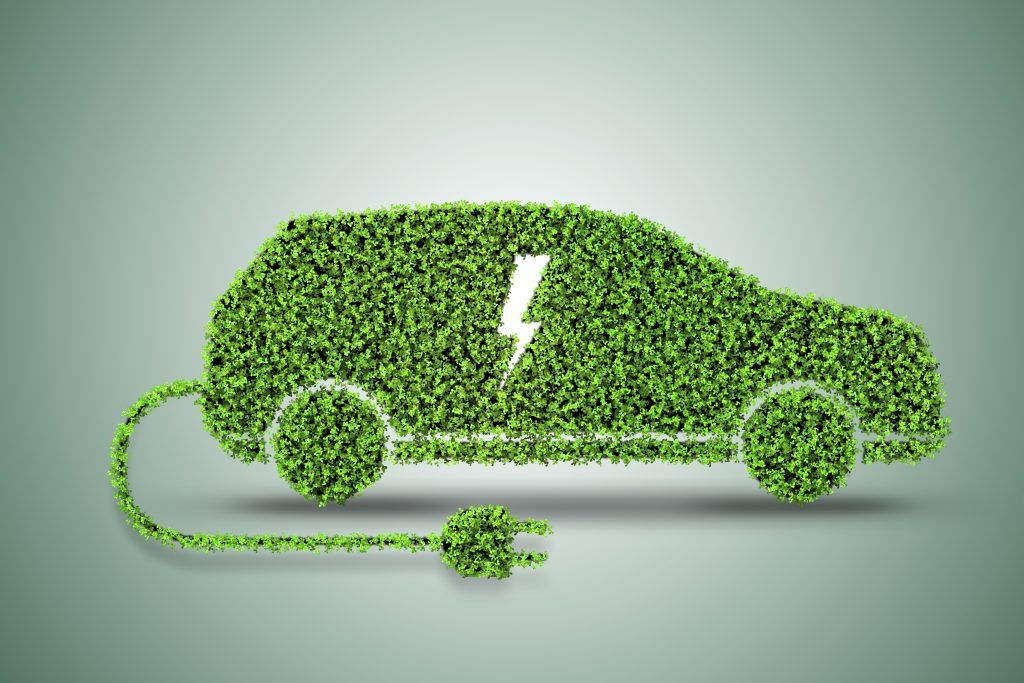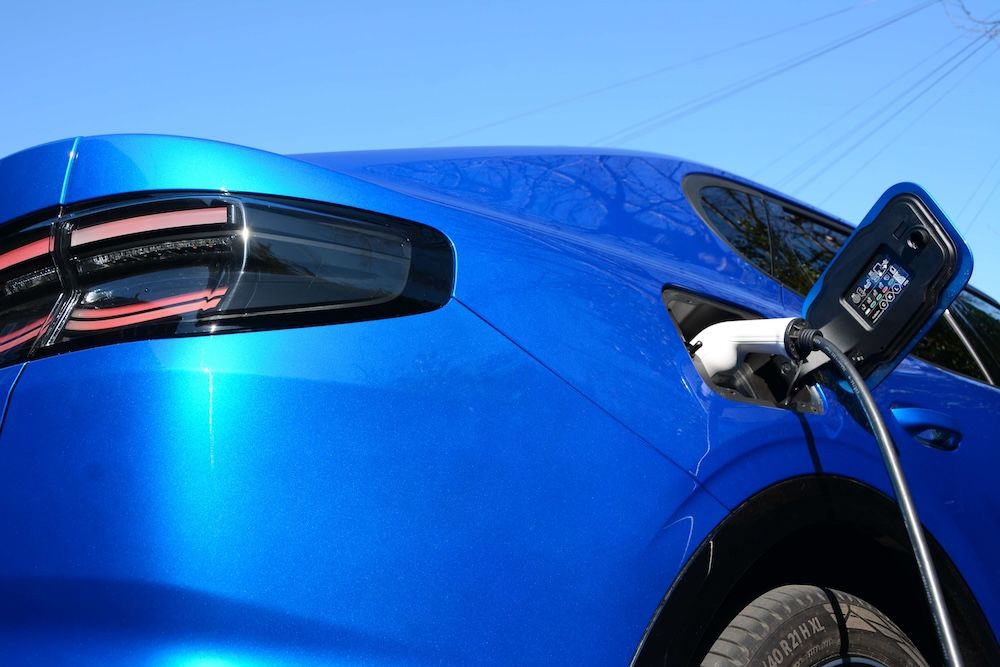Battery electric vehicles (BEV) sold today now produce 73% less life-cycle greenhouse gas emissions than ICE vehicles, according to new International Council of Clean Transportation (ICC) research.
The research, produced in the ICCT’s 2025 update, discovered a 24% improvement over its 2021 estimates. In contrast, other powertrains, including hybrids and plug-in hybrids, show only marginal or no progress in reducing climate impacts.
The study includes a comprehensive life-cycle analysis of all major powertrain types, and reinforces earlier findings: only BEVs can deliver the large-scale emission cuts needed to address Europe’s most polluting transport mode.
By 2025, renewable energy sources are expected to account for 56% of electricity generation in Europe, an 18-point increase compared with 2020.
The EU’s Joint Research Centre projects this share will increase further in the next decade, to 86% by 2045. Since cars sold today typically remain on the road for about 20 years, continued improvement of the electricity mix will only widen the climate benefits of battery electric cars, it reported.
In contrast, the fuels mix used by internal combustion engine cars will continue to mainly rely on fossil fuels, as the availability and price of alternative fuels remains uncertain.
Other technologies continue to lag behind BEVs in terms of life-cycle emission reductions. Hybrid and plug-in hybrid cars offer only 20% and 30% lower lifetime emissions than gasoline, respectively. The study found plug-in hybrids are found to be “driven less on electricity than previously assumed”. While hybridisation offers “some benefits”, these reductions are “relatively small” when compared with the emissions savings of BEVs.
The study also accounts for other powertrain and fuel options such as hydrogen fuel cell electric cars. This pathway can also offer significant emissions reduction (79%) compared with gasoline cars—but only when using renewable electricity-based hydrogen, which is currently not produced and available at scale in Europe.
In contrast, fuel cell electric cars run on hydrogen produced from natural gas, which corresponds to almost the entirety of hydrogen available today, allowing only a 26% reduction of life-cycle emissions compared with gasoline cars.
The report also highlighted how misinformation and “selective use of data” have “generated confusion regarding the climate credentials of electric vehicles”. The ICCT analysis aimed to provide transparency on the “impact of a selection of flawed assumptions”, such as not accounting for the development of the grid during the lifetime of vehicles, and using non-representative data on vehicle fuel consumption and lifetime.
One common claim is that electric vehicles have higher emissions associated with battery manufacturing. While manufacturing emissions for battery electric cars are roughly 40% higher than for gasoline cars, the ICCT’s research shows that this initial “emissions debt” is typically offset after around 17,000 kilometers of driving, usually within the first one to two years of use in Europe.
Dr. Marta Negri, Researcher at the ICCT, said:
“Battery electric cars in Europe are getting cleaner faster than we expected and outperform all other technologies, including hybrids and plug-in hybrids.
“This progress is largely due to the fast deployment of renewable electricity across the continent and the greater energy efficiency of battery electric cars.”
Dr. Georg Bieker, ICCT Senior Researcher, said:
“We hope this study brings clarity to the public conversation, so that policymakers and industry leaders can make informed decisions.
“We’ve recently seen auto industry leaders misrepresenting the emissions math on hybrids. But life-cycle analysis is not a choose-your-own-adventure exercise. Our study accounts for the most representative use cases and is grounded in real-world data. Consumers deserve accurate, science-backed information.”
Image from Shutterstock










